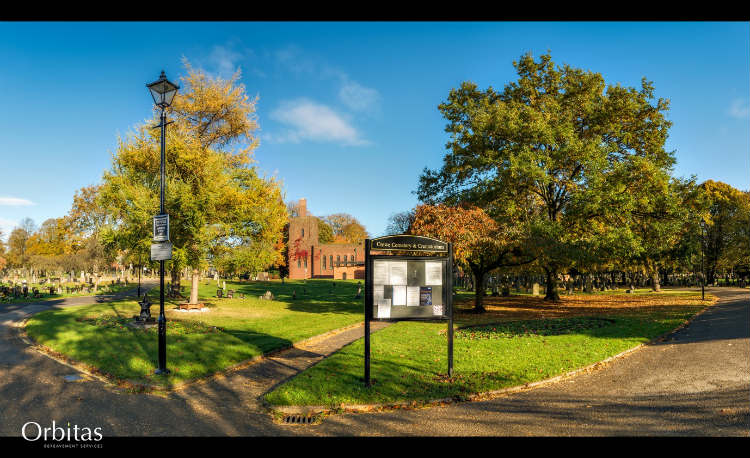What is direct cremation or burial?
Direct burial or cremation is when the deceased is taken straight to the crematorium or cemetery without a funeral ceremony.

Increasing numbers of people are turning to direct cremation or burial as alternatives to a conventional funeral for various reasons:
- People do not feel they need to have a formal, public, ceremonial funeral at which the body of the person who has died is present
- Provides the opportunity to say farewell to someone who has died in your own time, and in a way they find more personal, more fitting and more satisfying
- People who cannot afford a traditional funeral. Because of its simplicity, direct cremation or burial is the cheapest way of disposing of the deceased
In many cases however cost is not the main factor, John Lennon and David Bowie both chose this type of service.
The differences
- You don’t go to visit the deceased in the funeral home
- You don’t choose the day and time of the cremation/burial
- There is no hearse, no procession, no service – nothing
- The body goes straight off to be cremated or buried without ceremony and without anyone else there
What you will pay for
- The funeral director’s time and overheads
- Storage of the deceased
- Removal of pacemaker, prosthetic etc if necessary
- Simple coffin
- Transport
- Crematorium/Burial fee
If a cremation you will also be required to pay Doctor’s fees, unless the deceased was seen by the Coroner when there is no fee.
No last goodbye?
Direct cremation/burial does not stop you from having a farewell ceremony – a funeral – if you wish, after the event. If you choose direct cremation you can hold a memorial event of your own devising, with if you wish, the ashes present. The ceremony may conclude with the scattering of ashes perhaps as the sun sets or rises at a favourite place. Whichever you choose you can have a memorial service whenever you feel the time is right.
Not the done thing?
Direct cremation/burial is still thought of as unconventional, with approximately 5% opting for this type of service. If you choose it, it may well raise an eyebrow here and there. Alternatively some people are likely to say “I wish I’d thought of that”.
You can dispose of a body in a ceremonial way by holding a funeral, or you can arrange to have it buried or cremated with no one there. The consequence for the body is the same in either case.